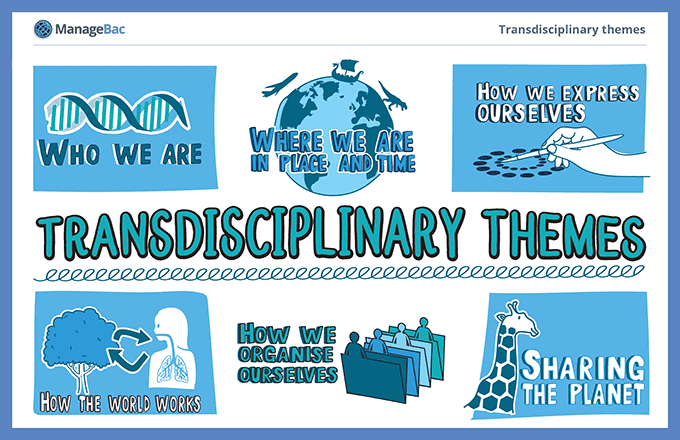Create Your Future!
Admissions are now open. Experience our learning environment firsthand with a free trial class.

What is transdisciplinary learning?
Transdisciplinary learning encourages students to explore a relevant concept and issue that integrates the perspectives of multiple disciplines rather than studying subjects in isolation. Teachers focus on a question or issue that is relevant to their students and create a cohesive curriculum. Students then examine and analyze the issue from multiple perspectives.
The PYP Program of Inquiry is made up of six transdisciplinary themes of global importance. Each of the units of inquiry has a Central Idea. Each Central Idea supports students’ understanding of the particular Transdisciplinary Theme it is connected to and extends students’ prior knowledge.
How Languages integrate into the PYP curriculum at Northbridge
At NISC, Languages course equips students with linguistic, analytical, and communication skills that help develop transdisciplinary understanding. Languages teachers collaborate with the homeroom teachers to connect through the central idea or key concepts and integrate learning experiences into the grade level unit. This results in building meaningful and enduring understandings for our students.
Under the transdisciplinary theme “Where we are in place and time”, G4 Korean Language students explored the history of Korean immigration. Students were given opportunities to listen to, watch and read real-life stories in the form of novels, documentaries and films. They took one story from the pages of history and lit up their imagination. They created an imaginative narrative based on immigrants' testimonies. In their writing, students demonstrated their understanding of the three key concepts which are transdisciplinary themselves: what made them move to another country (causation), how their lives changed (change), and how they felt about their lives (perspective). Furthermore, students nurtured a sense of empathy with perspective towards immigrants and refugees around the world.
The theme “Sharing the planet” and central idea “Conflict can occur over access to resources” led our Grade 4 Chinese students to inquire into rights and responsibilities in the struggle to share finite resources with others. They investigated the effects of Chinese dams on water flows in the Lower Mekong countries. They had a debate that allowed them to see things through a different lens and equipped them to be critical thinkers. Then, they created an argumentative essay in which they described how and why earth resources can be considered as limited resources (causation) and what practices are needed to sustain the earth’s resources (responsibility). To put their learning into action, they observed and recorded how they and their family use earth’s resources and planned and carried out some practical strategies to improve the sustainability of this resource.
In short, transdisciplinary learning bridges multiple disciplinary perspectives, and it allows students to see the connections and understand the issues that are relevant to their lives at a much deeper level. We are pleased to offer this opportunity to our students across all primary grades.